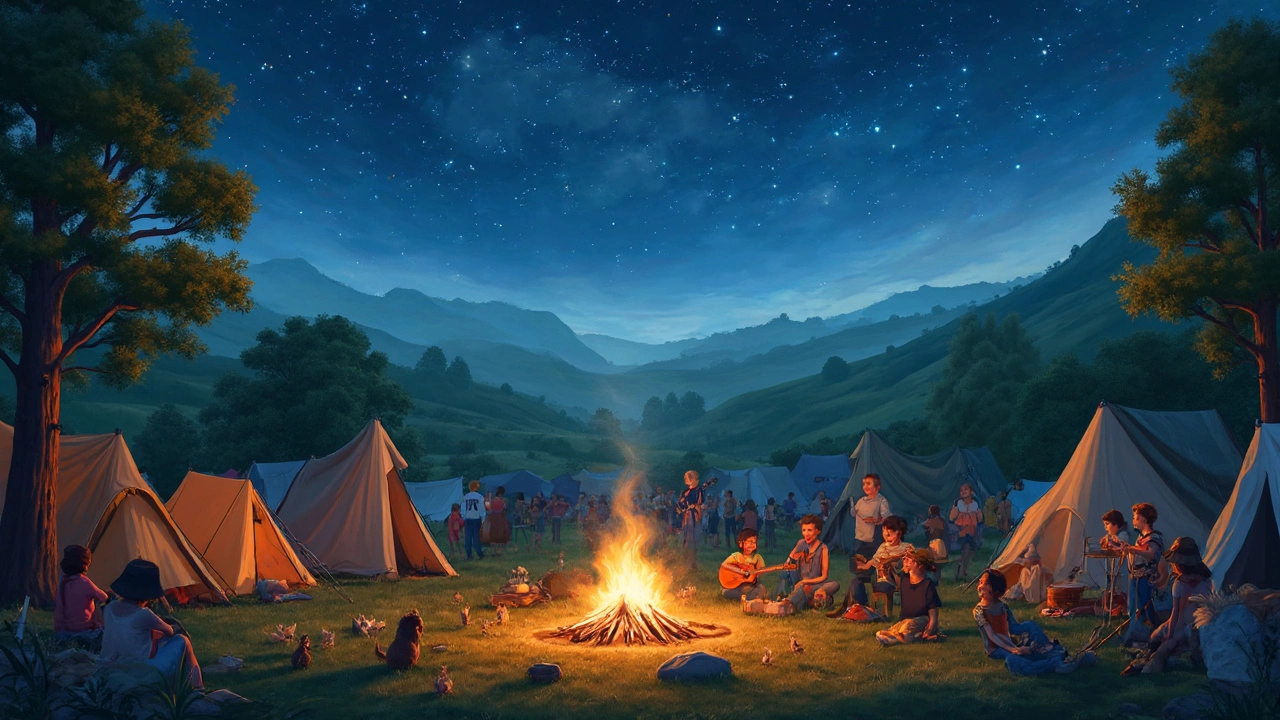Campground Ownership: Simple Steps to Get Started
If you love camping and have ever thought about turning that passion into a business, owning a campground might be the answer. It sounds big, but the process breaks down into a few clear steps. Below you’ll find the most useful advice to help you decide if a campsite is right for you, how to buy it, and what everyday running looks like.
How to Buy a Campground
First, scope out the location. Look for areas with steady visitor flow—near popular trails, lakes, or highways—and check local zoning rules. A site that already has utilities (water, electricity, sewage) will save you thousands, but a raw land plot can work if you’re ready to invest in infrastructure.
Next, crunch the numbers. Add up the purchase price, any renovation costs, and ongoing expenses like insurance, taxes, and maintenance. Compare that total to the expected income from site fees, cabin rentals, or extra services such as showers and Wi‑Fi. A simple spreadsheet can show you whether the cash flow will cover costs and leave a profit.
Don’t skip the due diligence. Talk to the current owner about seasonal attendance, existing contracts, and any hidden liabilities. Hire a surveyor to confirm boundaries and a lawyer familiar with hospitality property to review the contract. This step prevents nasty surprises after you sign.
Running a Campground Successfully
Once you own the land, the real work begins: making campers want to return. Start with clean, well‑marked sites. Clear debris, level the ground, and add sturdy fire pits or grills. Simple amenities—clean bathrooms, reliable electricity, and clear signage—go a long way toward good reviews.
Customer service is your biggest marketing tool. Greet guests, answer questions, and respond quickly to any issues. A friendly hello at the office or a quick text check‑in can turn a first‑time visitor into a repeat customer.
Keep your pricing flexible. Offer discounts for longer stays, off‑season rates, and loyalty programs for returning families. Promote the site online with crisp photos, a short video tour, and honest guest testimonials. Social media posts about nearby attractions or special events draw more eyes to your campground.
Finally, stay on top of maintenance. Schedule regular checks of water lines, electricity, and sewage systems. Fix small problems before they become big repairs. A well‑maintained site not only keeps guests safe but also protects your investment value.
Owning a campground can turn a love of the outdoors into a rewarding business. By choosing the right location, doing thorough financial planning, and delivering solid guest experiences, you set the foundation for long‑term success.
-
 VIEW POST
VIEW POSTIs There Money in Owning a Campground?
Feb, 24 2025|0 CommentsOwning a campground can be a profitable venture if managed effectively. It involves understanding market demand, creating appealing facilities, and ensuring a great guest experience. This guide delves into the financial aspects, operational tips, and challenges faced by campground owners. With the right strategies, a campground can offer both enjoyment and financial return.